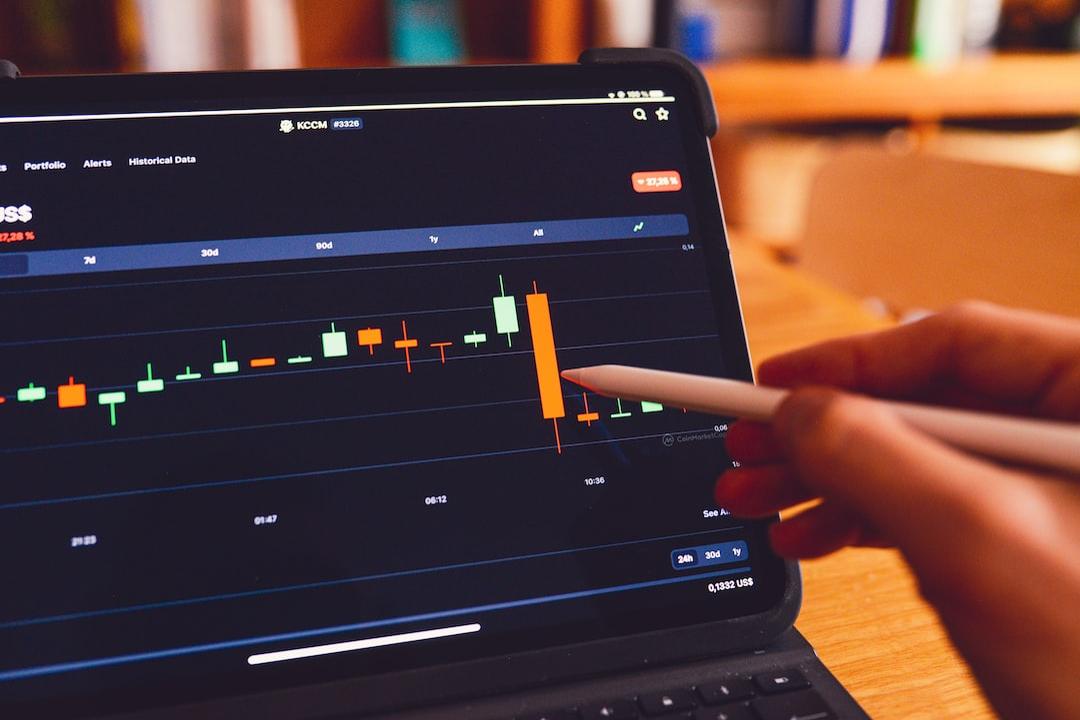**Update Sept. 20, 07:40 am UTC:** This article has been revised to include insights from the Boerse Stuttgart Group.
DZ Bank, Germany’s second-largest financial institution, has joined forces with Boerse Stuttgart Digital to offer cryptocurrency trading and custody services across its network of cooperative banks. This collaboration will allow roughly 700 cooperative banks under DZ Bank’s umbrella to provide their retail clients with access to digital assets such as Bitcoin (BTC) and Ether (ETH).
The initiative is part of a phased rollout set to commence later this year, beginning with a select group of retail clients who will be invited to try out the new cryptocurrency trading options.
In a discussion with Cointelegraph, a representative from Boerse Stuttgart Group disclosed plans to launch a regulated exchange, BX Digital, in Switzerland, which will focus on tokenized securities.
**Phased Rollout Details**
The operational and technical aspects of the new services are already in progress, with plans to connect the first banks by the end of 2024. During the initial phase, a limited number of retail clients will engage with the crypto trading service to assess its performance across the cooperative banking network. Depending on the outcomes from this testing group, a broader rollout of the service is anticipated to follow.
**Boerse Stuttgart’s Role**
Boerse Stuttgart is pivotal to this initiative, providing both the regulatory framework and technical support for DZ Bank’s new crypto services. The crypto division of Boerse Stuttgart Group, known as Boerse Stuttgart Digital, is responsible for enabling the trading and custody solutions for the cooperative banks.
In a press statement shared with Cointelegraph, Matthias Voelkel, CEO of Boerse Stuttgart Group, emphasized that the bank’s crypto division focuses on delivering “retail-customer-oriented” infrastructure solutions.
**German Banks Embrace Crypto**
In related developments, Germany’s largest federal bank, Landesbank Baden-Württemberg, announced on April 15 that it plans to introduce crypto custody solutions in the latter half of 2024. This bank will begin offering its cryptocurrency services to institutional clients in collaboration with Bitpanda, an Austrian crypto exchange. This partnership allows the German federal bank to leverage Bitpanda’s platform, custody services, and the necessary licenses to ensure regulatory compliance.

